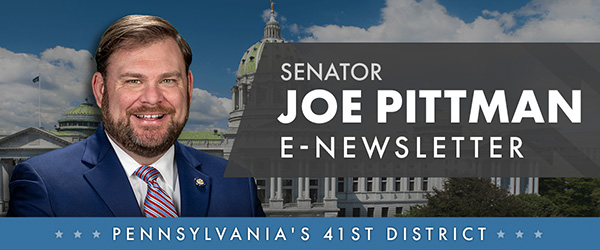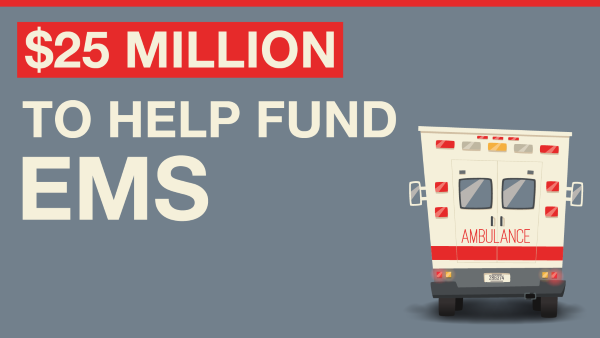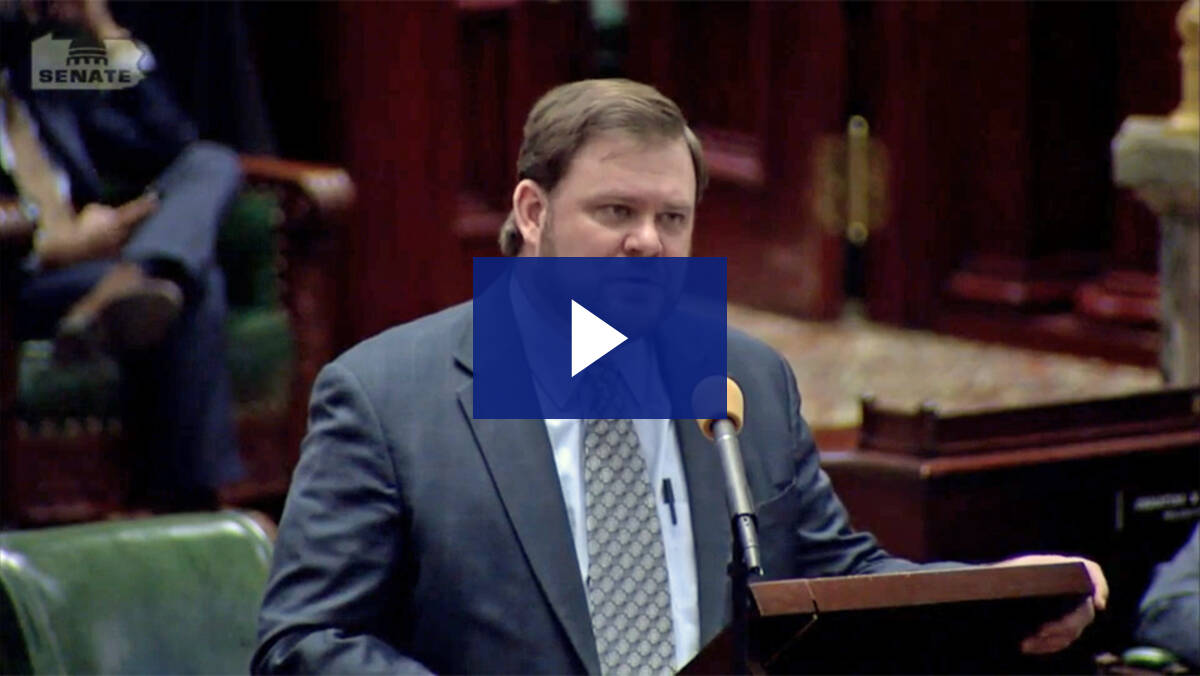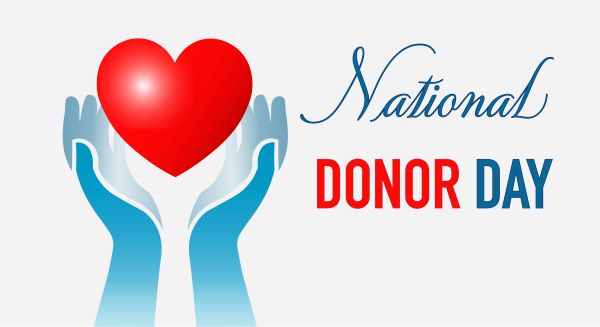
|
||||
|
In this Update:
Gov. Wolf Sends General Assembly Budget Proposal with Huge Spending IncreasesIn an address to the General Assembly this week, Gov. Tom Wolf proposed a $45.7 billion 2022-23 state budget that would increase General Fund spending by $4.5 billion. The new spending includes $2 billion in federal American Rescue Plan Act funds. Including the expenditure of federal dollars returned to Pennsylvania during the pandemic, the governor’s budget represents a 10.9% increase in spending. According to Senate Appropriations Committee budget projections, the governor’s plan will produce a $1.3 billion deficit for the 2023-24 fiscal year and create an even bigger bill for Pennsylvania taxpayers to pay long after the governor leaves office: a $13 billion deficit by 2026-27. While the governor seeks to spend a substantial amount of money, the priority needs to be making sure the dollars we spend are targeted and are smart – yes, we do have a surplus of revenue right now, but those are one-time dollars, they aren’t going to be here forever. These are very uncertain economic times, particularly in these inflationary times, so we need to be very careful in how we use those dollars. I was encouraged by the governor’s proposal to shift State Police funding out of the Motor License Fund and putting it into the general budget, which will free up hundreds of millions of dollars for highway and bridge repair. It’s important, very necessary and probably one of the most thoughtful uses of surplus revenue that we could have in this budget cycle. I also think it’s important to direct more funding toward the State System of Higher Education and, specifically, to Indiana University of Pennsylvania, which is a major source of economic activity within the 41st Senatorial District. I do have a major problem with the governor saying a major hike of the minimum wage is needed while at the same time he is pushing for a $410 million tax through the Regional Greenhouse Gas Initiative (RGGI), an initiative that will eliminate thousands of family-sustaining jobs and pass on that tax to Pennsylvania consumers of electricity. I think it’s very disingenuous of Gov. Wolf to try to increase electricity taxes by $410 million and in the process wipe out family-sustaining jobs while claiming Pennsylvanians deserve a raise in the form of a minimum wage hike. The family sustaining jobs pay the bills; it’s agreed that minimum wage, whether it’s $7.25 an hour or $12 an hour, doesn’t pay the bills. The Senate will hold a series of public hearings in the coming weeks to review the spending plan and produce a more responsible budget proposal that funds essential services while shielding taxpayers from the consequences of reckless overspending. Legislation Boosting Aid to First Responders Set for Enactment
Building on a promise to provide Pennsylvania’s frontline heroes with relief, the Senate approved legislation to provide $25 million in federal funding to support EMS providers. Since January, the General Assembly has advanced measures totaling $250 million for frontline workers, health care providers, emergency services and EMTs. The passage of Senate Bill 739 builds on the General Assembly’s recent efforts to distribute $225 million in federal relief funds for hospital and behavioral health providers to retain and recruit staff. The measure also would ensure that all fire companies – whether volunteer, paid or combination department – are eligible for the low-interest loans through the Fire and Emergency Medical Services (EMS) Loan Program. Voters approved expanding the program in a 2021 ballot question. Four Chaplin’s Day in PAIn the early morning hours of Feb. 3, 1942, the USAT Dorchester, a former luxury coastal liner converted into an Army transport ship, was torpedoed by a German U-boat. At the time, the Dorchester was carrying 902 servicemen, merchant seamen, and civilian workers. The strike by the torpedo well below the ship’s water line killed scores of men and wounded many more, creating chaos on board as the ship began to sink. Four Army chaplains – Father John P. Washington, Rabbi Alexander D. Goode, and the Revs. George L. Fox and Clark V. Poling – attempted to restore calm while also tending to the wounded and guiding the disoriented toward safety. The four men gave up their life jackets so that others might live, with some of the 203 survivors of the attack telling the of the bravery of the chaplains, who were last seen at the ship’s stern, arms linked in prayer. One of those who lost their lives during that attack was 21-year-old Private Robert Maurice Pittman, my great-uncle. I don’t mention my great-uncle because this was an extraordinary moment – it was a moment that was all-too ordinary during World War II. But as we move on, generation to generation, and separate ourselves from connection to the sacrifices that so many made in World War II, it’s important to remember those sacrifices so future generations never forget they were made in defense of our freedom. The survivors’ testimony and the chaplains’ bravery are enshrined at the Chapel of Four Chaplains in the Philadelphia Navy Yard, where the Chapel Memorial Foundation honors acts of selfless service nationwide in memory of the Four Chaplains and crew of USAT Dorchester. Updated Agritourism Guide Available to Farmers
Agritourism activities – like corn mazes, hayrides, on-site dining/retail operations and educational programs – are a growing part of Pennsylvania’s agriculture economy. The Center for Rural Pennsylvania has an updated 128-page handbook to help farmers navigate agritourism issues. Last year, the General Assembly approved a new law to better protect farmers who offer these kinds of agritourism activities. Grants Available to Reduce Underage and Dangerous Drinking
The Pennsylvania Liquor Control Board (PLCB) is accepting applications for grants to fund programs that discourage and reduce underage and dangerous drinking and promote a message of responsible alcohol consumption by those of legal drinking age. Eligible grant applicants include school districts and institutions of higher education (including technical, trade and post-secondary establishments), community organizations, municipal police departments, municipal officials/representatives and nonprofit and for-profit organizations. The deadline to apply for grants is March 18. Applications and guidelines for submission are available on the PLCB website. Monday is National Donor Day
Monday isn’t just Valentine’s Day, it’s also National Donor Day. Many health groups use this day to sponsor blood and marrow drives and organ/tissue sign-ups. Organ donation saves lives and saves money, cutting health care costs by as much as two-thirds and saving Medicare millions of dollars every year. The General Assembly passed the Living Donor Protection Act last year, prohibiting insurers from discriminating against an organ or tissue donor. It also ensures family and medical leave is provided for an eligible employee for the preparation and recovery necessary for donation surgery. In addition, it requires development of informational materials relating to living donors and the benefits of live organ and tissue donation. |
||||
|
||||




2024 © Senate of Pennsylvania | https://senatorpittman.com | Privacy Policy |





